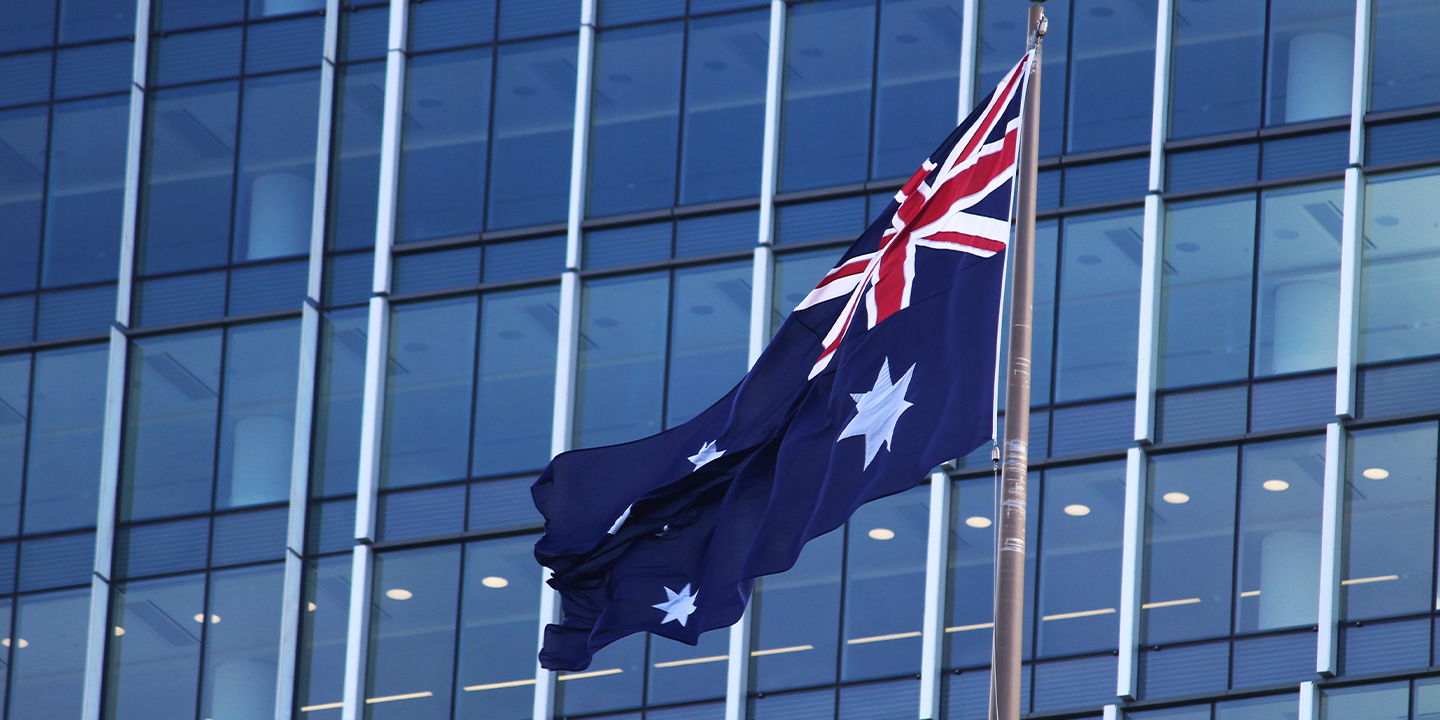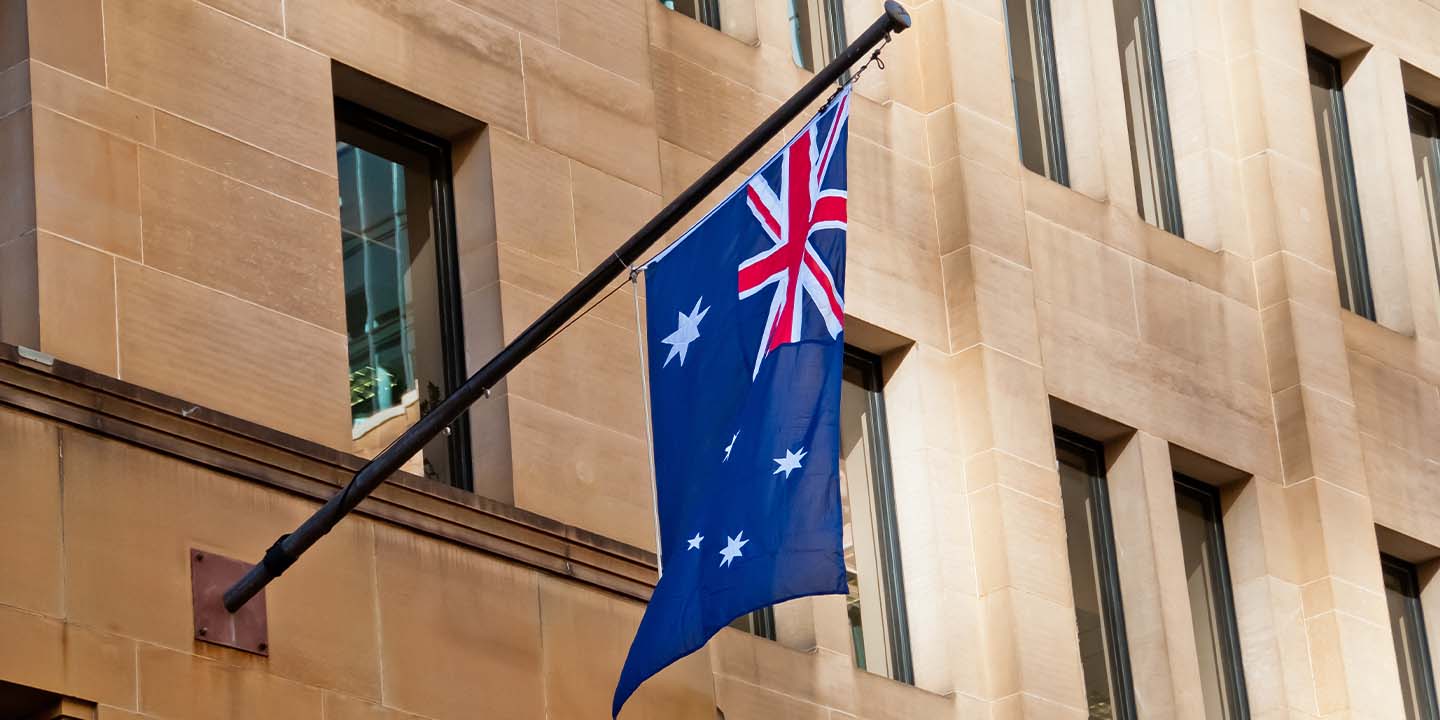Investment Watch: Summer 2026 Outlook
Investment Watch is a quarterly publication delivering insights into equity strategy and economic trends. The Summer 2026 edition explores global and Australian growth outlooks, structural shifts in asset allocation, and highlights opportunities across AI, resources, property, and income strategies to help investors navigate volatility and prosper in the year ahead.
Investment Watch is a quarterly publication produced by Morgans that delves into key insights for equity and economic strategy.
This publication covers
Economics - 'The Australian economy: a landscape of challenge and opportunity'
Asset Allocation - 'Structural shifts demand a portfolio rethink'
Equity Strategy - 'Diversification is key'
Banks - 'Fundamentals don't justify share price strength'
Industrials - 'Prepared for the uptick'
Travel - 'Selective opportunities'
Resources and Energy - 'Steady China and tight supply'
Consumer discretionary - 'Recovery underway'
Healthcare - 'Attractive, but with limited opportunities'
Infrastructure - 'Rising cost of capital but resilient operations'
Property - 'Structural tailwinds building'
It’s hard to believe that 2025 is already drawing to a close. As we enter the holiday season, we want to take a moment to express our deepest gratitude for your continued support and trust. This trust is the very foundation of everything we do. This time of year is a chance to reflect on the significant progress we’ve made. The entire team at Morgans is incredibly proud of the efforts and achievements from the past twelve months that reinforce our commitment to providing you with top-tier advice and opportunities. These achievements mean that Morgans continues to provide top-line advice and investment opportunities that benefit clients across our national branch network.
Morgans clients receive exclusive insights such as access to our latest Investment Watch publication. Contact us today to begin your journey with Morgans.













